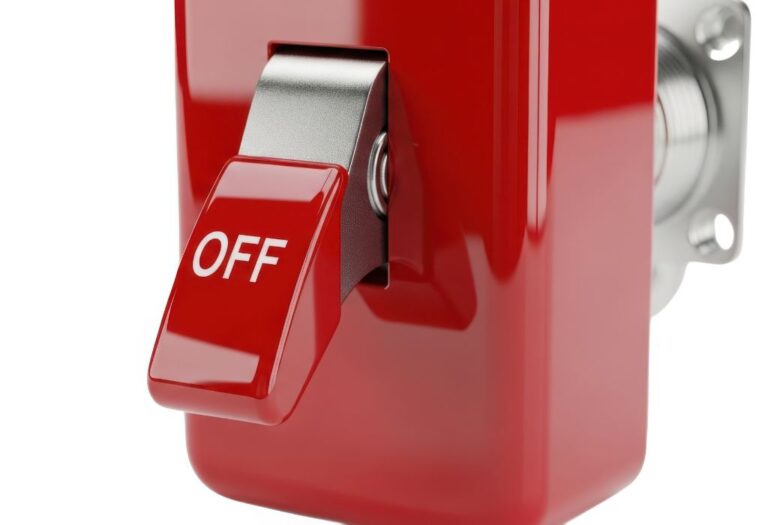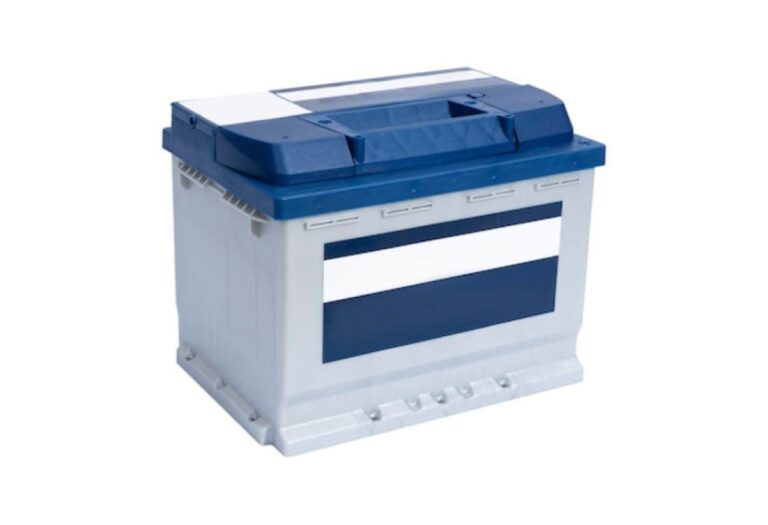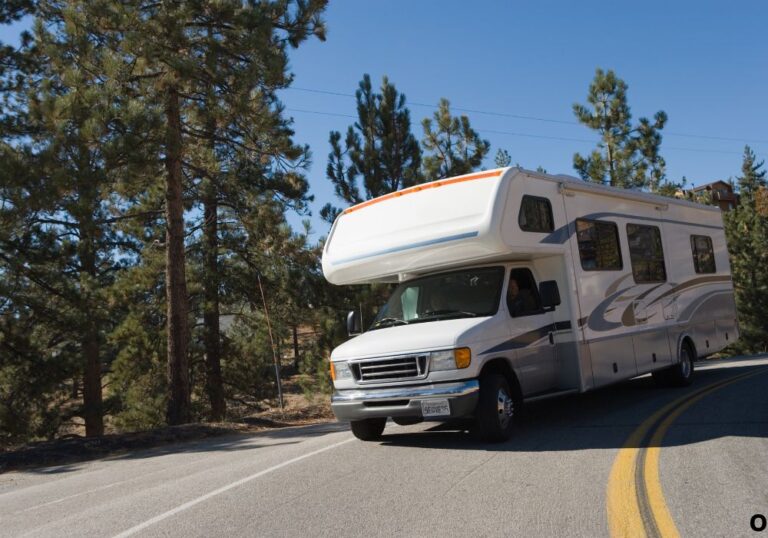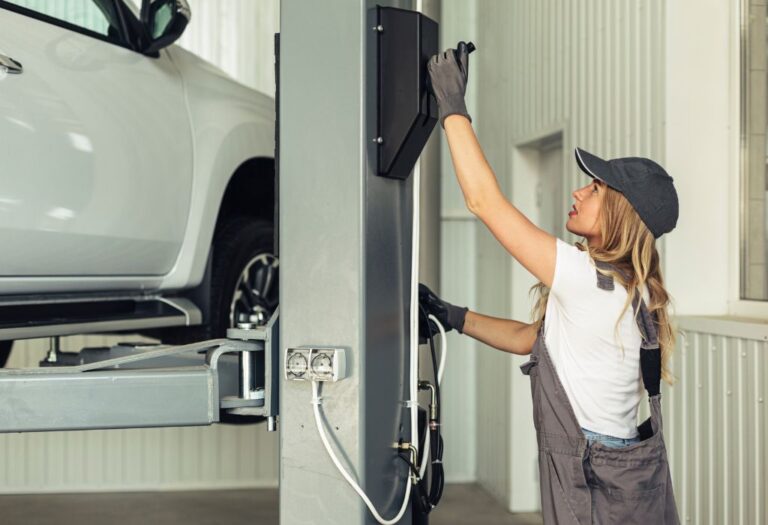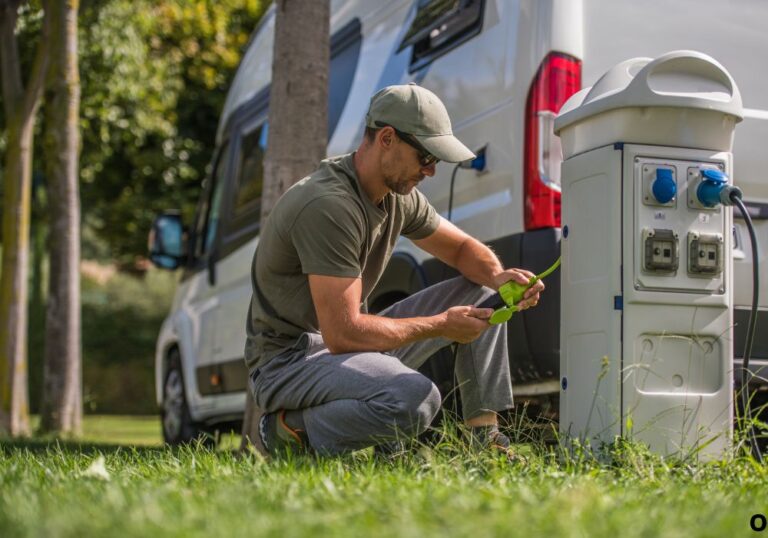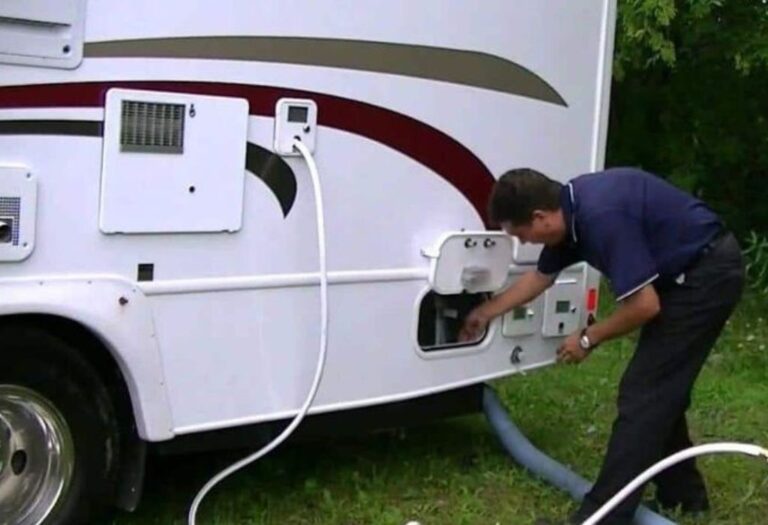How Long Do RV Water Filters Last Typically?
Imagine pulling into a scenic campground after hours on the road, ready to relax, only to find your water flow is sluggish and the taste is off. That creeping uncertainty of “does my RV water filter still work?” can ruin a perfect trip.
Many RVers face this issue because the question how long do RV water filters last doesn’t have a simple answer. When the filter fails, it’s not just about bad taste — it can lead to clogs, bacteria buildup, or even damage to your plumbing system.
Studies show inline RV filters may need replacement every three to six months depending on usage and water quality. Meanwhile, sediment-type filters may last just two to three months if connected to poor water sources.
Understanding the factors that impact filter lifespan can help prevent these costly and inconvenient problems. This article breaks down how long RV water filters last, what shortens their life, and how to extend their performance for clean, safe water wherever you travel.
What Are RV Water Filters and Why Their Lifespan Matters
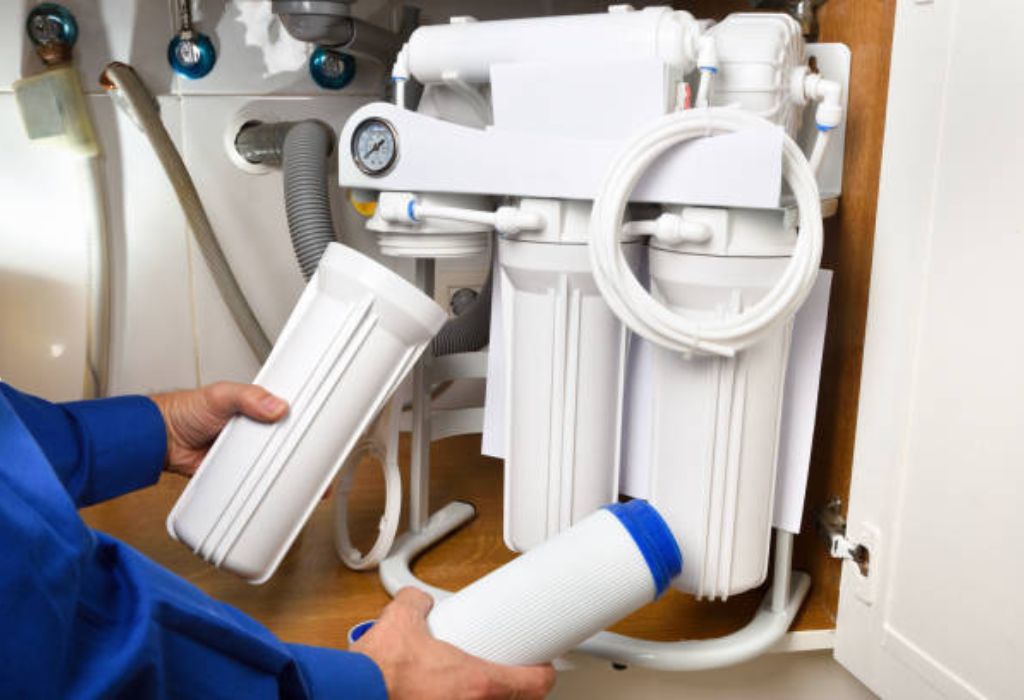
RV water filters act as the gatekeepers of your water system. They catch sediment, chlorine, rust, and harmful microbes before the water enters your faucets or appliances.
Their lifespan directly affects both your comfort and your RV’s plumbing health. When filters become old or clogged, water quality drops, pressure decreases, and harmful particles may sneak through. A study found that over 60% of RV owners delay filter replacement, often resulting in bacterial growth and low pressure.
What types of RV water filters are available?
Inline, canister, and carbon block filters are the most common, with multi-stage systems offering broader protection.
Why does filter lifespan matter for RV owners?
Expired filters can’t trap contaminants effectively, leading to unpleasant taste, odour, or even internal plumbing damage.
How does filter quality affect lifespan?
Premium filters built with better carbon or KDF media can last longer, handling larger water volumes before clogging.
Can a dirty filter damage an RV water pump or heater?
Yes, clogged filters restrict water flow, which forces the pump to work harder and shortens its life.
Do all filters remove bacteria?
No, basic inline filters mainly target sediment and chlorine. Multi-stage or ceramic filters are needed for bacterial removal.
Typical Lifespan of RV Water Filters: What the Experts Say
The average lifespan depends on water quality, filter type, and how often the RV is used. Inline hose filters commonly last three to six months, while more advanced carbon or canister filters can last up to twelve months in ideal conditions.
Expert reviews emphasize checking manufacturer guidelines and actual usage rather than relying solely on calendar time.
How long do inline RV water filters typically last?
Most inline filters need replacement every three to six months of regular use.
Can an RV filter last a full season?
Yes, if you camp occasionally and use clean water sources, it can last an entire season.
Are there filters that last longer than six months?
Some carbon block or KDF filters can last up to two years under controlled use.
What are signs your filter needs replacing?
Slow flow rate, unusual odour, or visible discoloration are strong signals.
Do replacement intervals vary by region?
Yes, areas with hard water or high sediment shorten lifespan dramatically compared to cleaner water regions.
Factors That Affect How Long RV Water Filters Last
Several variables determine how long a filter stays effective. Water quality, frequency of use, and filter type are the most influential factors.
RVers drawing from lakes or well water face shorter lifespans compared to those connected to treated municipal supplies.
How does water quality impact filter life?
Dirty or mineral-heavy water clogs filters faster, reducing efficiency.
Does usage frequency make a difference?
Full-time RVers usually replace filters more often due to higher daily water flow.
What role does micron rating play?
Filters with smaller micron ratings trap finer particles but clog more quickly.
Can storage affect filter lifespan?
Yes, storing wet filters over winter promotes bacteria and mold growth.
Does temperature or climate matter?
Extreme heat accelerates bacterial growth inside cartridges, reducing lifespan in warm regions.
How to Decide When to Replace Your RV Water Filter
Most manufacturers give both time and gallon-based guidelines for replacement, but usage signs are equally important. Replacing filters before they reach their limit ensures safe, clean water year-round.
Should replacement be based on time or gallons?
Both — use whichever comes first, as time-based degradation can still occur even if gallons are low.
What signs show your filter needs changing?
Reduced pressure, poor taste, or visible sediment are clear indicators.
Is it safe to wait until water quality declines?
No, by that time contaminants may already have passed through. Preventive replacement is best.
Does part-time use extend lifespan?
Yes, occasional RVers can stretch filter life to once per season or annually.
Do visual indicators exist on modern filters?
Some premium filters have transparent housings or colour-change media to signal replacement time.
Best Practices to Extend the Life of Your RV Water Filter
Routine care and preventive habits can double the life of most filters. Proper storage, system flushing, and sediment control are crucial.
How can a pre-filter help?
A sediment pre-filter traps larger debris before it reaches the main filter, extending lifespan.
How should filters be stored in the off-season?
Remove and dry them fully; never leave them wet inside the housing.
When should you flush or sanitize your system?
At least once a year or whenever you notice unpleasant smells or changes in water clarity.
Does higher filter quality mean fewer replacements?
Yes, premium filters handle larger volumes and resist clogging, which often offsets the higher cost.
Should filters be replaced after long storage?
Yes, any filter left unused for months should be replaced to prevent bacteria contamination.
When to Choose a Filter Upgrade or Whole-Coach System
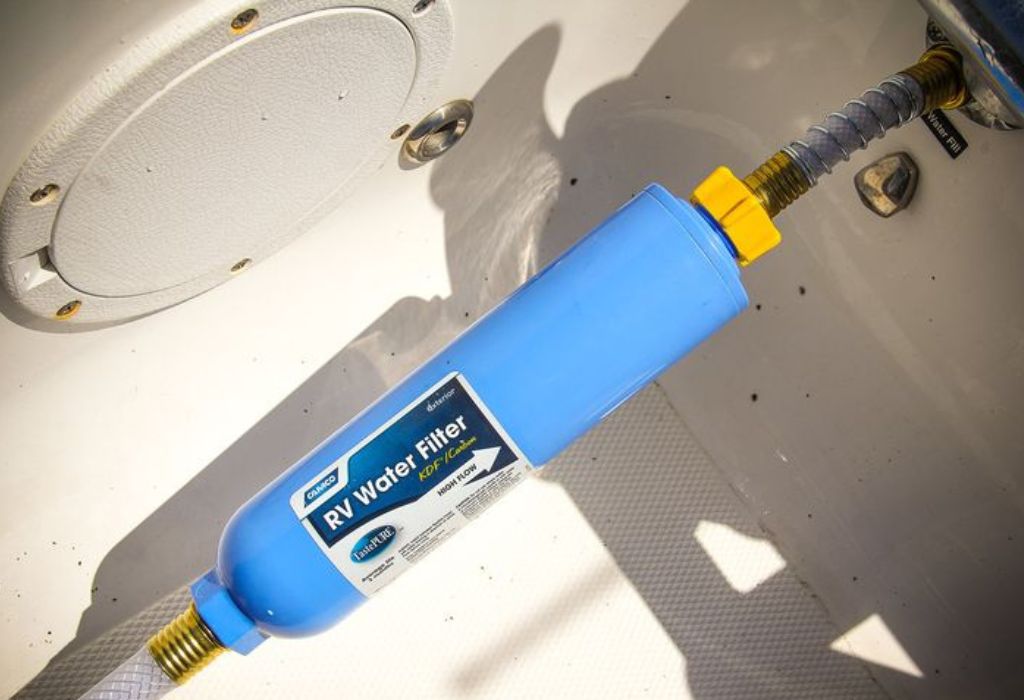
At some point, upgrading may be more efficient than frequent replacements. Multi-stage or whole-coach systems divide filtration tasks for better results.
What are the limits of basic inline filters?
They mainly remove chlorine and sediment but not bacteria or heavy metals.
What upgrade options exist?
Multi-canister setups, reverse osmosis, and UV filtration systems offer deeper purification.
Do upgrades extend lifespan?
Yes, dividing tasks among stages reduces strain on each filter and prolongs effectiveness.
When is upgrading worth it?
Full-time travelers or those camping with poor water sources benefit most from system upgrades.
Can upgrades save money long term?
Yes, fewer replacements and improved water protection balance the higher upfront cost.
Summary and Quick Replacement Checklist
Understanding how long RV water filters last ensures clean, safe water and prevents costly plumbing damage. Most filters last three to six months, but many factors can shorten or extend that period.
What is a safe replacement rule?
Change filters every three to six months for regular use, or yearly for part-time use.
What are warning signs?
Reduced flow, bad taste, odour, or visible debris mean it’s time for a change.
What practice extends filter life most?
Using a sediment pre-filter and flushing the system regularly.
How can RVers stay consistent?
Mark a maintenance calendar and replace filters before peak travel seasons.
What’s the best habit for long-term care?
Keep spare filters onboard and inspect connections during every trip.
Conclusion
Clean water is essential for comfort and safety in every RV journey. Knowing how long RV water filters last helps you plan maintenance, avoid contamination, and extend your equipment’s life.
Replacing filters regularly keeps your plumbing efficient and your water tasting fresh. Don’t wait for warning signs. Take preventive action, inspect often, and enjoy every campsite with confidence that your water system is clean and protected.
I’m David R. Coleman, the founder, lead writer, and lifelong tool enthusiast behind GarageToolPro.com. With years of experience in automotive repair, woodworking, and home DIY projects, I created this platform to share practical tips, detailed tool reviews, and step-by-step guides that help mechanics, hobbyists, and homeowners get the job done right the first time.

